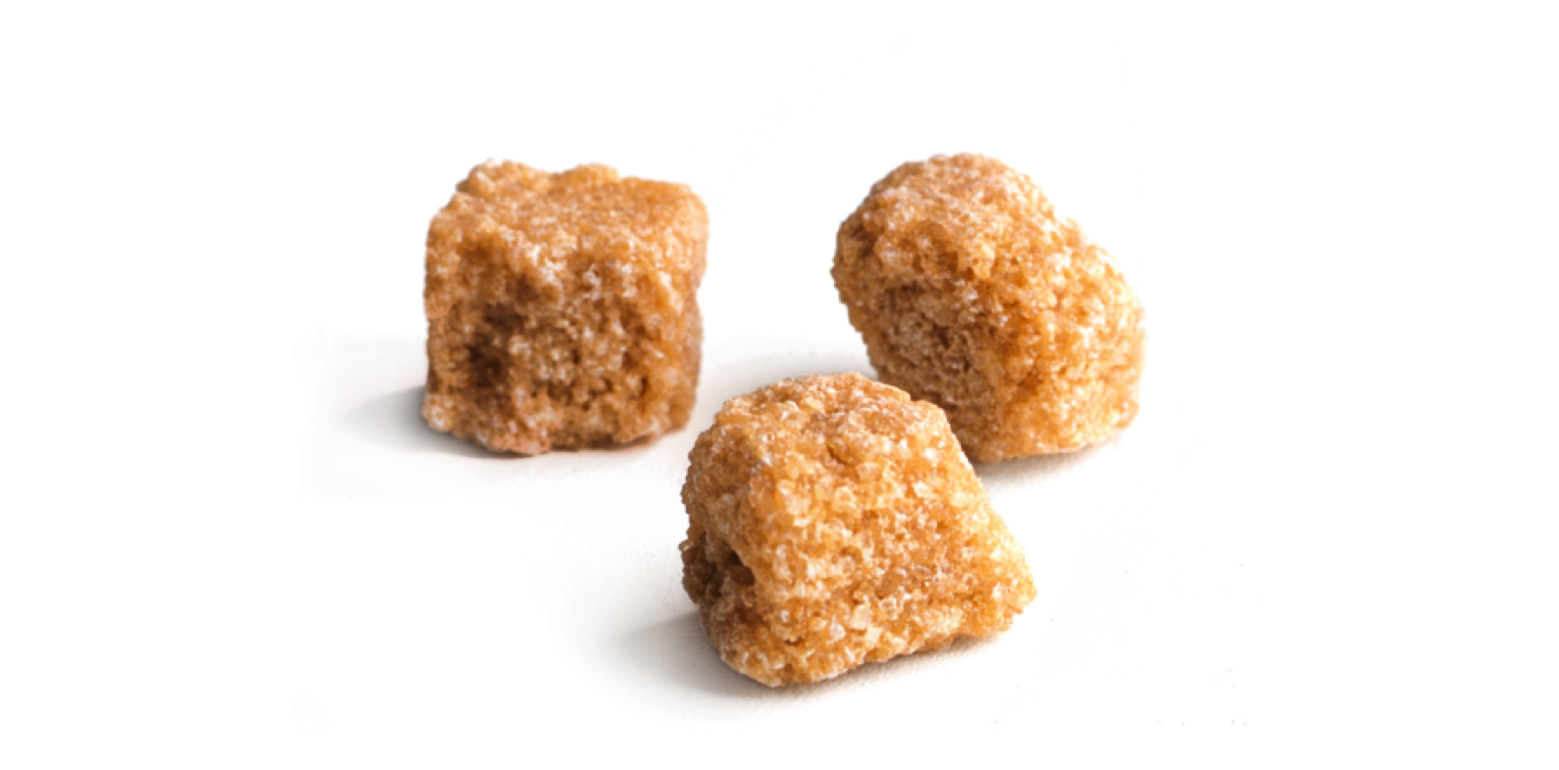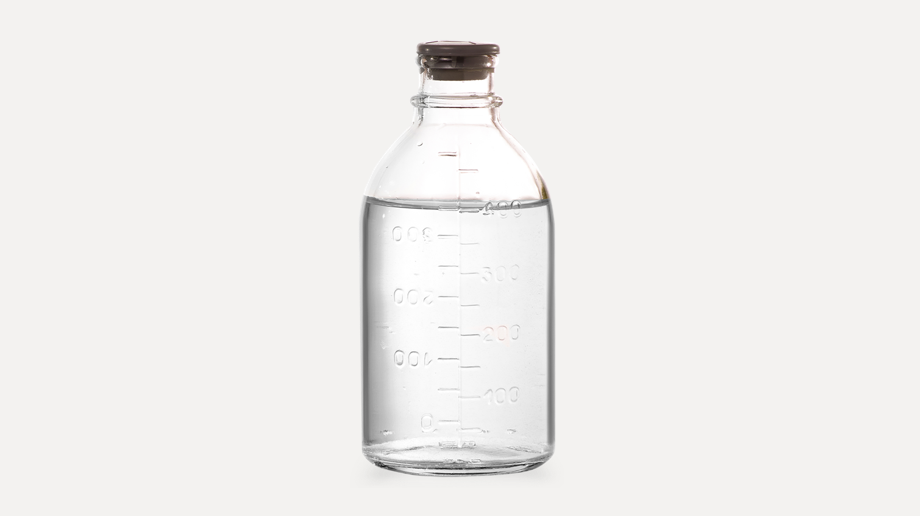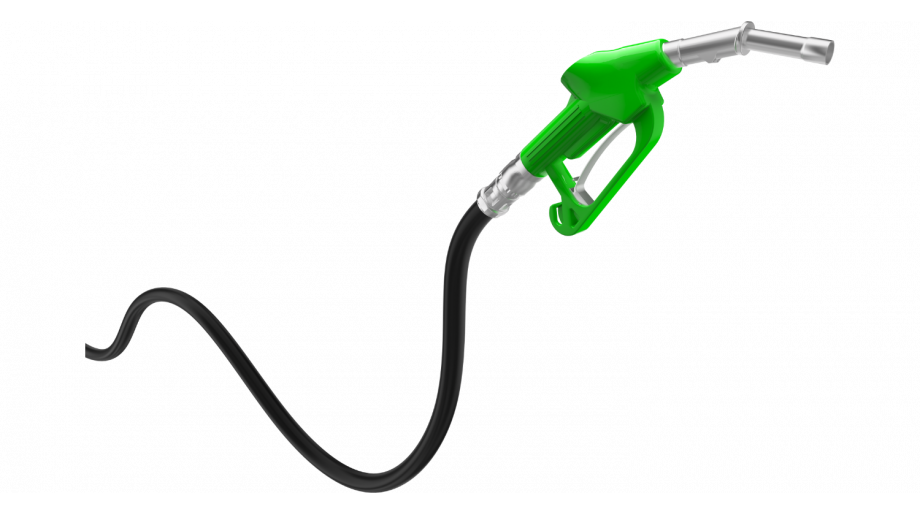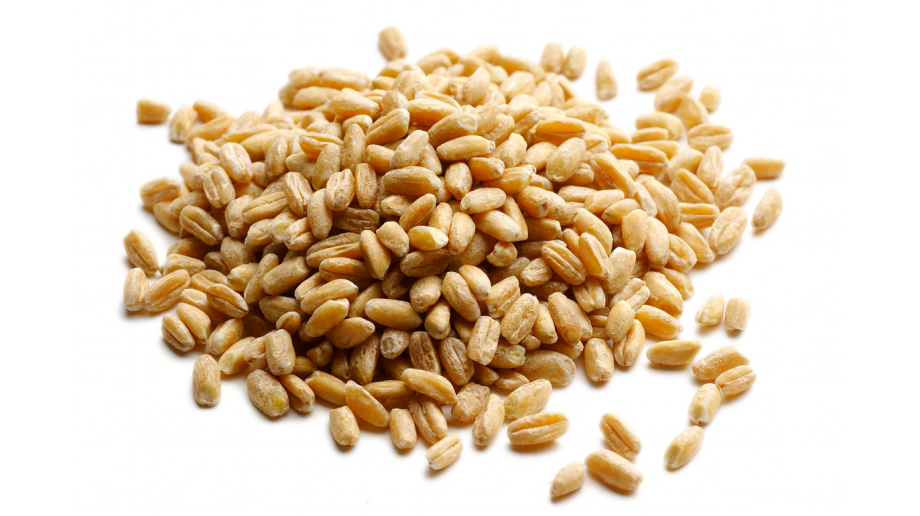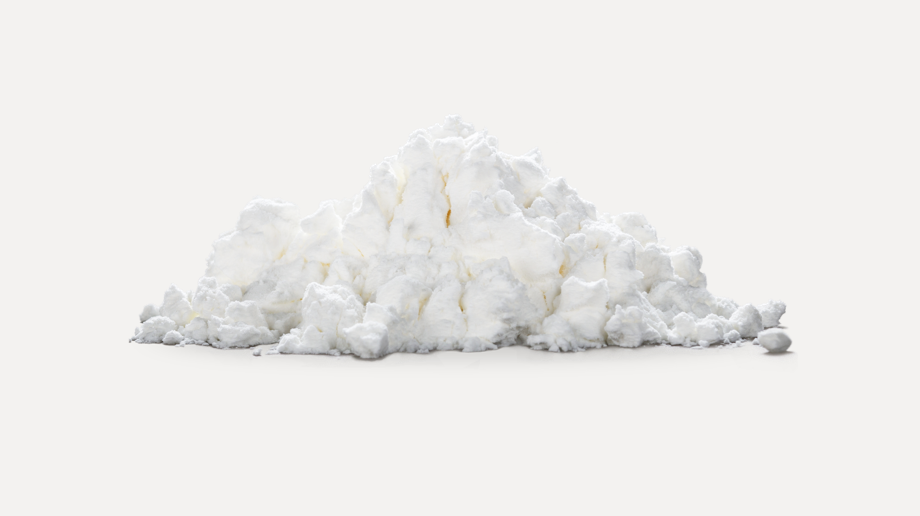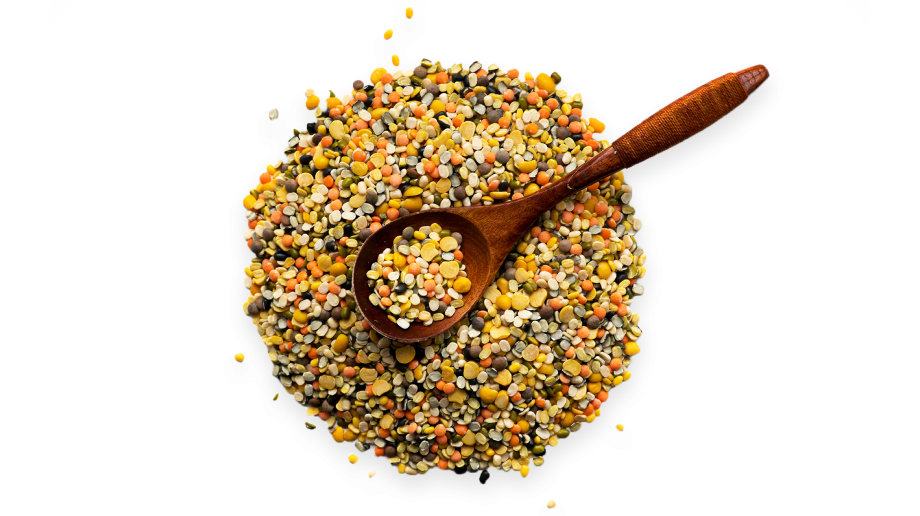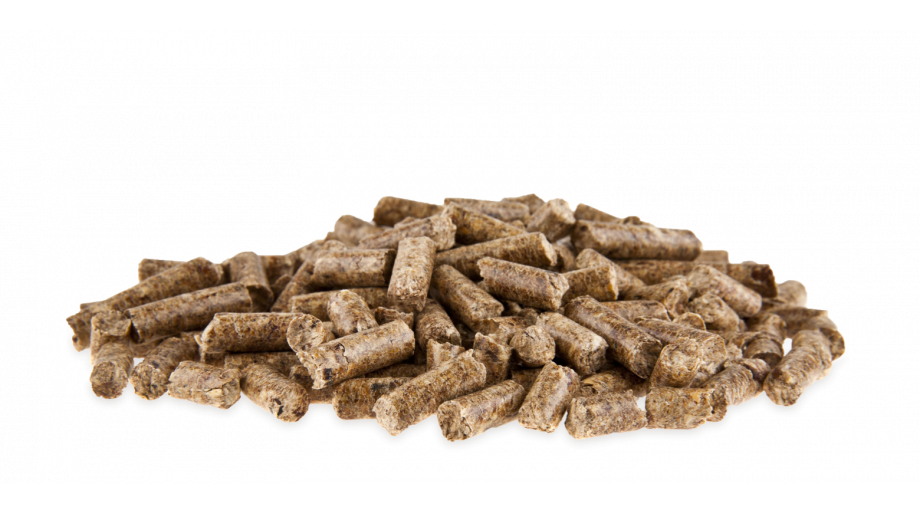The world’s second-largest sugar producer (and the French no. 1), Tereos operates in Europe, Brazil, Africa and the Indian Ocean. The Group produces and markets comprehensive ranges of sweetening solutions, including crystallised sugar, beet sugar, cane sugar, liquid sugar, special sugars, and many more.
A diversified range
Sweetening products make up the most diversified family of Tereos products, and the largest volume. They are consumed in dairy products, confectionery, chewing gum, beverages, soups, sauces, infant and child nutrition, toothpaste, and the chemical, pharmaceutical and cosmetics industries.
Sugar-derived products
The sugar that we use every day in our coffee or our cakes is sucrose, extracted from sugar beet or sugar cane. Other compounds belonging to the same family of saccharides, such as glucose, fructose, dextrose and polyols, also have a sweet taste. These are sugar-derived products.
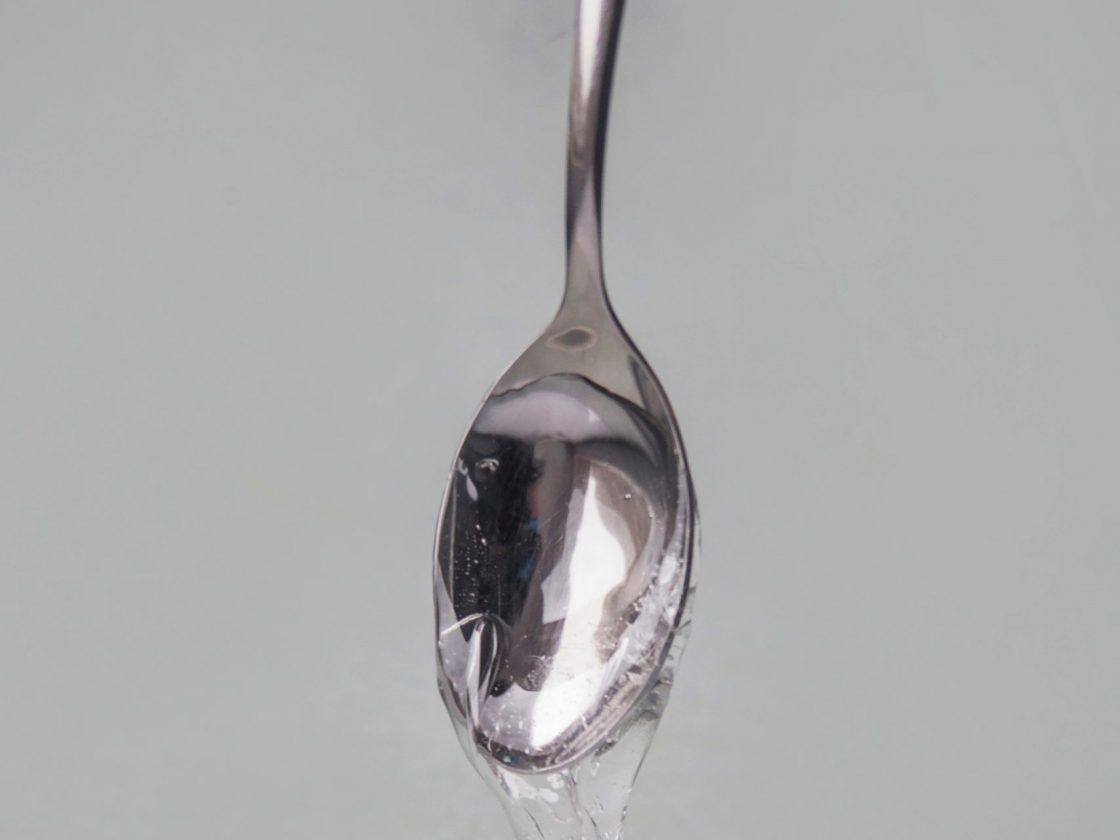
Glucose & fructose
Glucose designates the sweet-tasting carbohydrate that is contained in some fruits and forms part of the composition of almost all carbohydrates. It is synthesised by green plants during the assimilation of chlorophyll. Tereos glucose facilities transform starch milk into glucose syrups, which are then purified and concentrated. Specific mixtures are created according to customer needs. Fructose, meanwhile, is a simple sugar of natural origin occurring in fruit (as well as in honey, which has more than 40% fructose content). Unlike industrial sugars, fructose has a low glycemic index, meaning that it does not cause a sharp rise in blood sugar levels. Tereos supplies a wide range of fructose through its Sweet&You offer, which in 2018 was supplemented by F95 liquid fructose (a syrup whose fructose content is enriched by at least 95%).
Dextrose
Dextrose is produced by enzymatic hydrolysis of starch, followed by purification, concentration, crystallisation, centrifugation and drying. It is a white crystalline powder with a sweet taste, and is highly soluble in water. Dextrose is found in food and animal feed, as well as in pharmaceutical and chemical applications. Food manufacturers formulate with dextrose to balance nutritional and sweetness profile, increase shelf life and optimise the cost of ingredients compared to sucrose and lactose. It is an ideal carbohydrate source for yeast fermentation in baking and brewing.
Polyols
Polyols, also known as sugar alcohols, occur naturally in a variety of food products like vegetables, fruits and mushrooms. They are also commonly found in fermented foods like wine and soy sauces. Today polyols are industrially produced by hydrogenation or fermentation of different carbohydrates. The normal method is the separation of starch from the cereal followed by hydrolysis. Finally the product is decolourised and concentrated. Polyol powders are obtained using a crystallisation process.
